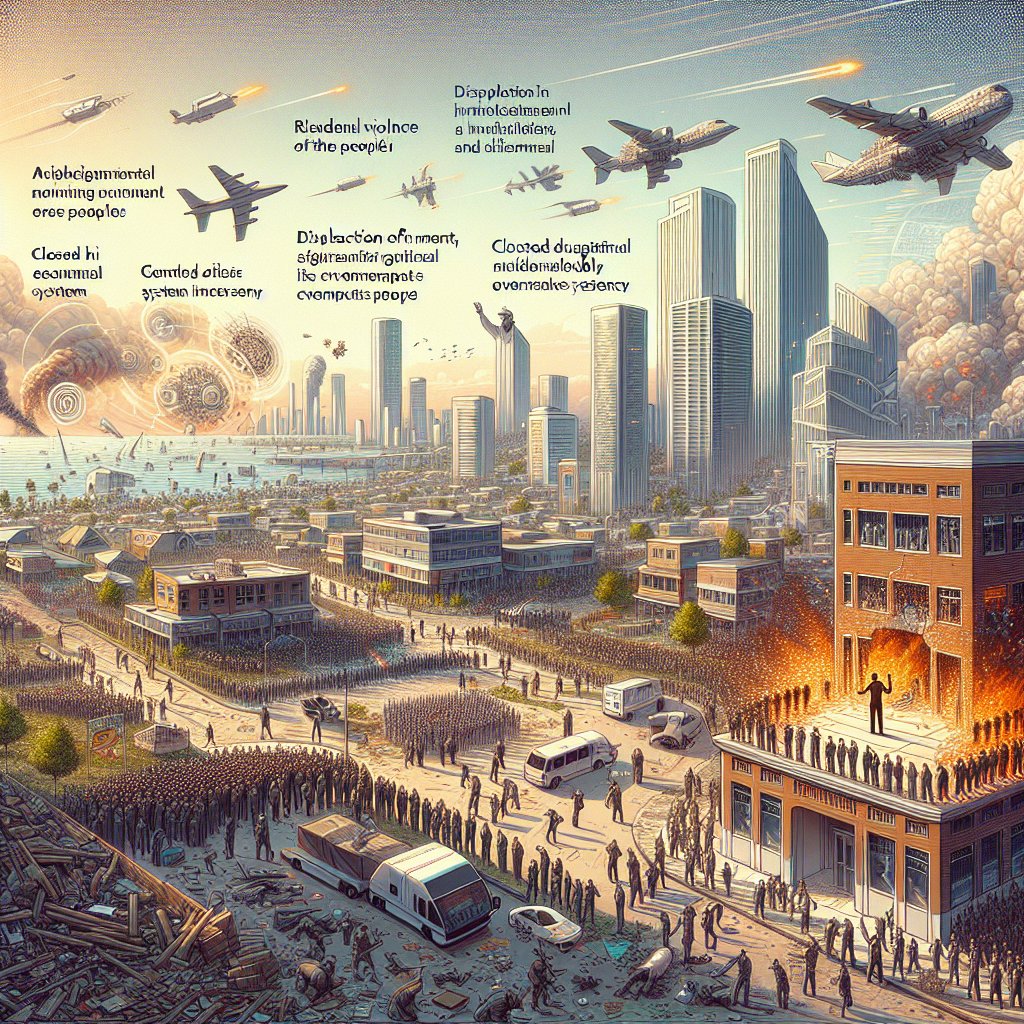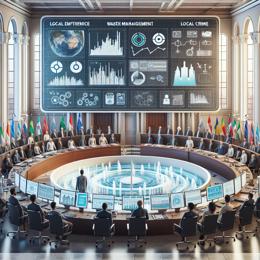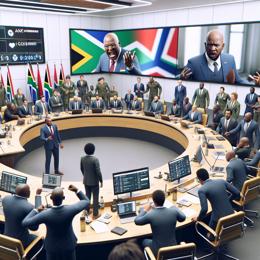Image created by AI
Guy Philippe Calls for Resignation of Haitian Prime Minister Amidst Crisis
In a recent development that underscores the deepening political chaos in Haiti, former police chief and coup leader Guy Philippe has openly called for the resignation of Prime Minister Ariel Henry and expressed his intention to bid for the Haitian presidency. Philippe's demand comes during a critical period marked by months of relentless gang violence that has led to a humanitarian crisis and the implementation of a state of emergency in the capital, Port-au-Prince.
The country has been thrown into turmoil with thousands of citizens displaced, educational institutions shuttered, and a healthcare system teetering on the brink of collapse. Prime Minister Henry, who assumed leadership with the support of international powers, has sought to stabilize the situation by requesting a UN-backed security mission to aid in the battle against criminal gangs now wielding formidable influence within Haiti.
Despite the circumstances, Henry had to exit the country recently to solidify international support for the mission and is now based in Puerto Rico. His absence has become a focal point of critique for his detractors, most notably Guy Philippe, who skewered Henry's effectiveness as a leader and suggested that the welfare of Haiti is best determined by its people.
Philippe, now 56, was previously extradited to the United States to face a prison sentence for money laundering charges related to narcotics trafficking. He was deported back to Haiti last November and has since been campaigning across the nation, advocating for a governmental overhaul. In a pointed interview, Philippe paralleled his history to notable leaders such as Nelson Mandela and Luiz Inacio Lula da Silva, implying that past incarceration should not hinder political aspirations if there is public support.
Philippe's political strategy seems to be a balancing act between condemnation of corrupt governance and positioning himself as a mediator capable of granting amnesty to gang leaders—a move that is fraught with controversy. He has criticized the incumbent administration, alleging graft and mismanagement, and suggested that real criminality may rest with those in office rather than just those on the streets.
During public appearances, Philippe has been flanked by members of the BSAP—an environmental police unit that analysts claim has adopted the form of a paramilitary organization. Philippe asserts, however, that the security he receives is not institutional but personal, offered by individuals who subscribe to his vision for Haiti.
Regarding international relations, he underscores that, while Haiti may need assistance, it should come with respect for the nation's sovereignty and dignity. His rhetoric toward foreign powers is one of expected solidarity, rather than submission or animosity.
When asked about the prospects of civil war—a suggestion put forth by a local gang leader—Philippe dismissed the notion. He professes confidence in international stakeholders, particularly the United States, to wisely discern that Haitians are yearning for transformative change, not further conflict.










